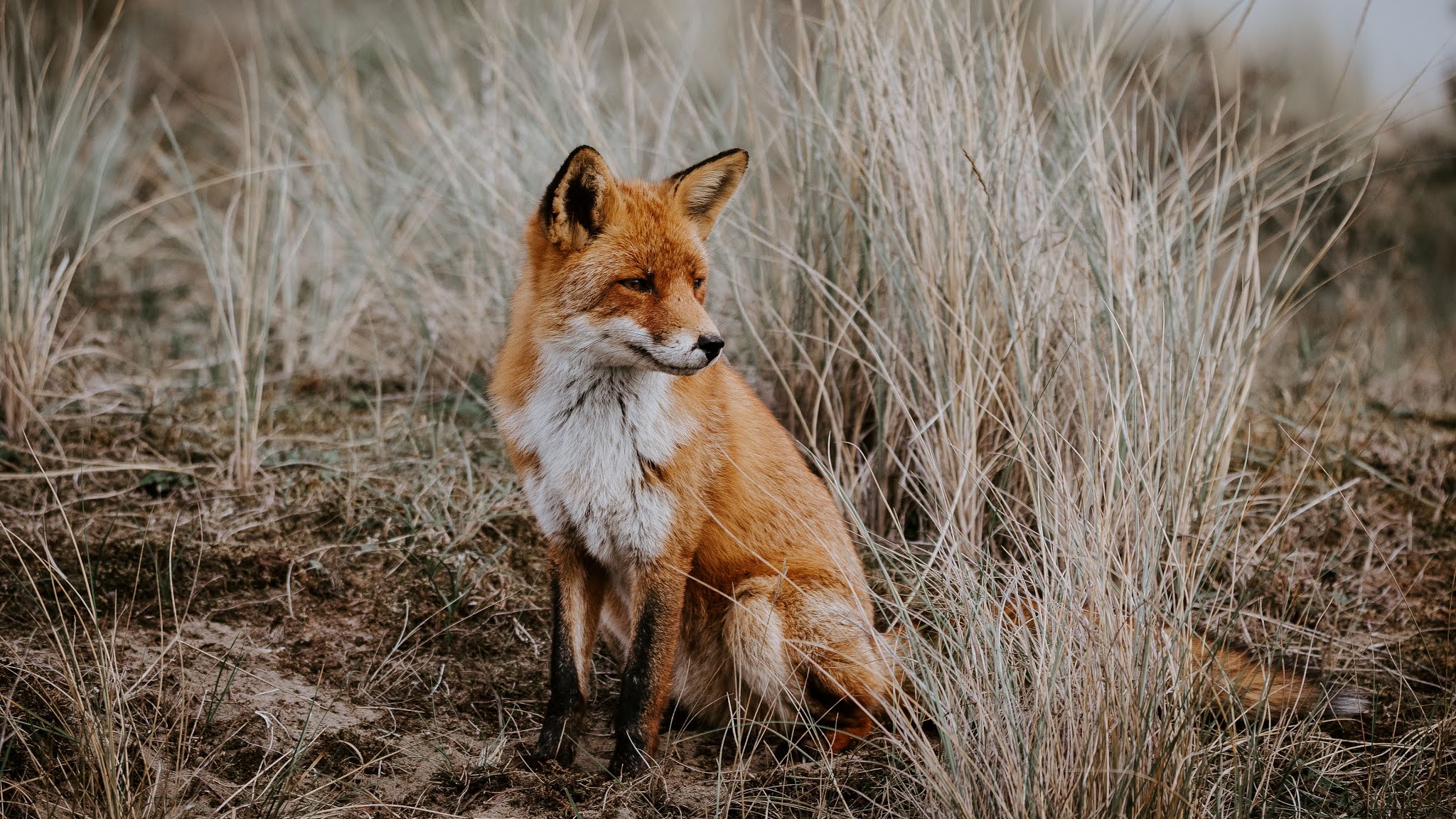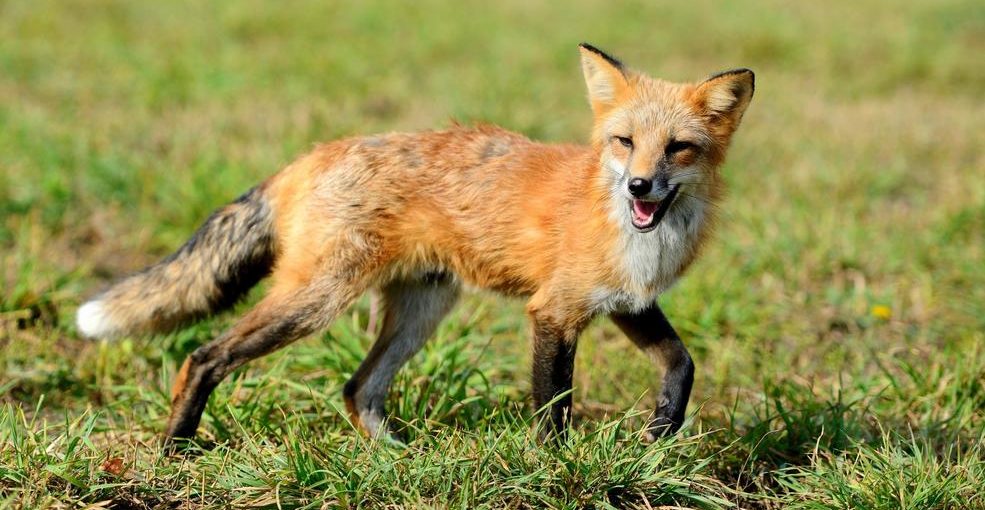
The details of the threats posed to foxes by other large carnivores (wolves, lynx, bears, dingoes and coyotes, all of which can potentially have a significant impact on fox numbers) through competitive exclusion is covered at length in an associated QA. Overall, it is fair to say that foxes have very few true predators and, more generally, predators rarely eat other predators. In her 2014 book, The Carnivore Way, Christina Eisenberg mentions that cougars ( Puma concolor) “ prey on mesopredators such as foxes”, although she doesn't say whether this includes feeding on the carcass or how often it occurs. The same is true of domestic dogs, wolves, bears, and lynx, which occasionally kill foxes but do not consume the carcass. The coyotes very rarely eat the foxes they kill (see below) they typically don't see the foxes as prey, they see them as competition to be removed, so they are not technically predators of foxes. Coyotes and foxes, for example, feed on the same types of small mammal prey and so the former frequently kill the latter to remove the competition-this is referred to as competitive exclusion. The reason I'm labouring the point somewhat is that in most cases where foxes are killed by other large predators (wolves, coyotes, lynx, bears, dingoes, etc.), it is invariably done to remove a potential competitor. European lynx (Lynx lynx) are arguably the most significant predator of foxes in Europe. This is different to competition removal-one animal killing another while fighting over a mate, or killing another to stop it eating your food, drinking your water, using your space, etc.

The important point, though, is that a predator hunts other animals (arguably also plants) for food.

This definition works well for most of the species we typically think of as predators-lions, tigers, most sharks, crocodiles, birds of prey, wolves, etc.-and may also include many herbivores (if they find, up-root and eat a plant), although there are some grey areas where things like cookiecutter sharks ( Isistius brasiliensis), which catch and feed on prey but don't kill it, fit in, for example. Often, a predator is thought of as anything that kills something else, but the zoological definition of a predator is an organism (typically, but not exclusively an animal) that catches, kills and eats another animal these three components are important. The concept of what exactly makes a predator is far from straightforward.


 0 kommentar(er)
0 kommentar(er)
